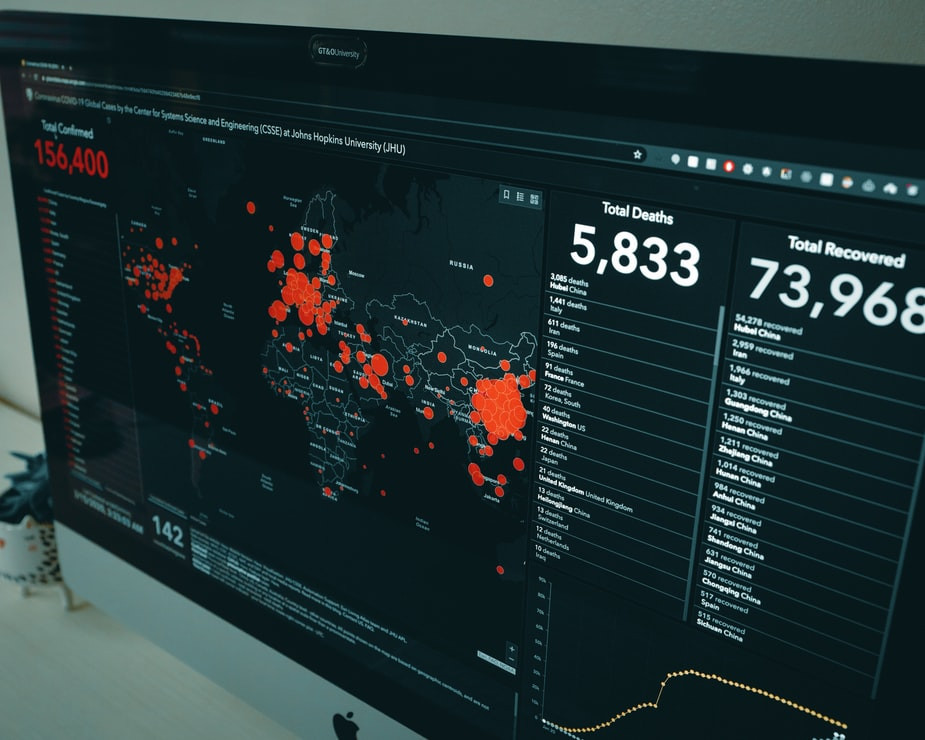Mar 20•4 min read
Preserving Privacy on the Web is more important than ever

As there is a global Corona Virus pandemic happening right now, there are challenges economically, socially and politically to overcome it. But the digital world is thriving successfully, so as the potential digital privacy threats.
With the legitimate information circulating in websites, businesses encouraging their workers to “Work From Home,” schools implementing a remote learning program, hospitals continuing to collaborate via telemedicine, people staying connected and updating through social media or other web platforms, the world is heading towards the future of digitization. It is a good thing, but it is also a reminder for us to overlook our means of protecting digital privacy.
Digital privacy threats are not new. It always happens but the fear that surveils now is with the kind of situation we are in, can we worry about the basic digital hygiene? Well, let’s find out why we should do that and how to do that.
Few of the privacy issues with Corona Pandemic
Just in the past few days the Coronovirus statistics site Worldometers.info and the US Department of Health and Human Services have both been the target of cyber attackers with the intention to disrupt operations and information flow.
There was a malware “COVID19 Tracker”, recently reported in the Android platform. The app was disguised as a live tracker of Corona affected regions.Once given administrative permissions, the app hacks the phone and demands ransomware of 100USD worth of Bitcoin.
It is just an example, but those malware attacks and phishing scams are increasing with people panicking.
The attacks are happening international level as well. A recent Forbes article, states that “a targeted cyber-attack by a Chinese APT group on a public sector entity of Mongolia has been intercepted.”It was said that the APT sent two documents, impersonating the Mongolian Ministry of Foreign Affairs in the form of press briefings. Those documents contained unique, remote access malware.
With people worried about surveillance, there are permissions handed out to relevant agencies that may track data subjects where an infection is suspected using mobile device data, email, and geolocation information to evaluate the risk. Although it is rational to conclude that an emergency in public health requires extraordinary measures to control the epidemic, the consequences of this behavior on exposed data subjects are less apparent, so as the status of data collected.
So what can be done?
In addition to washing our hands often and avoiding social interaction, we should also have our digital privacy protection check on point. Few points to remember are given below.
- Be vigilant and cross verify what you are doing online. The digital virus is just as harmful as the real ones, if infected, it might affect you and others involved.
- Download apps only from the trusted app store.
- Know what you are sharing in the Web and share it consciously.
- Change default passwords and Don’t use the same passwords for multiple media. A good password manager will be of great help here.
- Strengthen your router’s passwords. If possible use a VPN.
- Read Terms&Conditions, Privacy policy before signing up for any application.
- If you don’t want to be surveilled by a tracker, then better get yourself quarantined, if you are infected. The same way quarantine your device if it ever gets infected.
- Watch out for phishing scams.
- Make your home WiFi SSL enabled and don’t use public WiFi.
- Curiosity to know what’s happening is perfect but do it using the legitimate trusted information sources and don’t click any random link popping out in your email/chat apps related to virus and health.
- Just like how we are keeping our health on the constant check, keep the system /devices security on a check.
- Switch to more privacy-focused alternatives such as Brave, DuckDuckGo or apps built on Blockstack.
We are in a difficult phase and every individual’s responsibility is the key to come out of such a big crisis. So let’s act responsibly both socially and digitally!!
Thanks for reading the article. Also, check out my other articles on protecting women's digital privacy and children's digital privacy.
